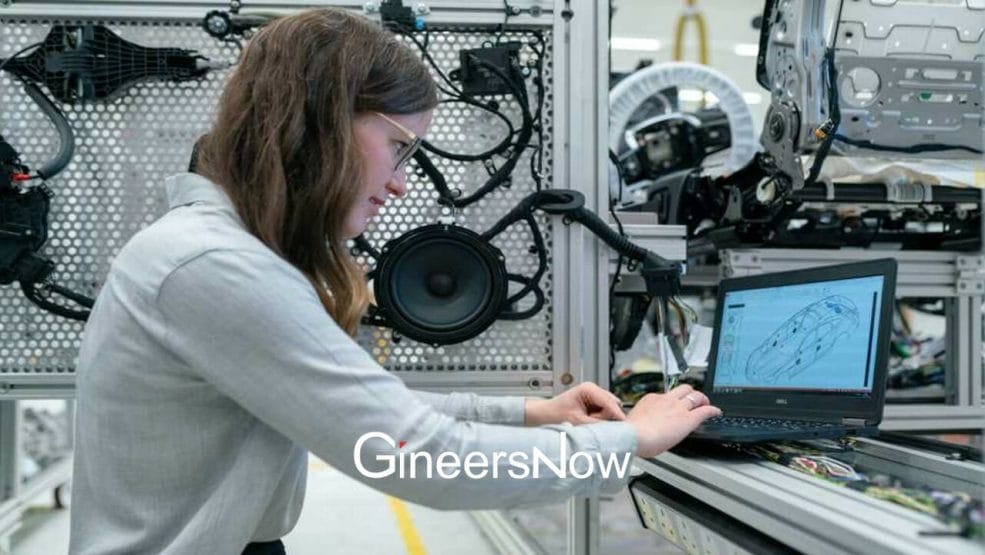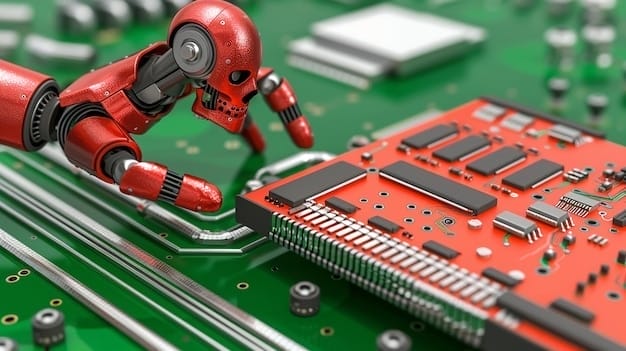Mechanical contractors and engineers often overlap in terms of operating within the same field, yet their responsibilities and tasks differ substantially. This post seeks to distinguish their respective roles while offering in-depth insight into what differentiates one from the other.
We’ll explore their educational backgrounds, professional certifications, job descriptions, and roles in projects from inception to completion. Whether you are considering a career in mechanical engineering or wish to gain more insight into its structure and operations, this comparison should prove illuminating.
For an even greater understanding of mechanical contractors’ roles and job outlook, read this post by Bridgit.
Mechanical contractor: roles and responsibilities
Mechanical contractors are specialized professionals in the construction industry, responsible for designing, installing, and maintaining various mechanical systems in buildings.
These include HVAC (heating, ventilation, and air conditioning), plumbing, refrigeration, and other essential infrastructure. The main roles and responsibilities of mechanical contractors are as follows:
- Design and planning: They assist architects and engineers in the early stages of a project, helping to design and plan mechanical systems that will align with the overall building design and meet all safety and efficiency standards.
- Installation: Once the designs are finalized, the contractor’s team performs the installation. This can include ductwork for HVAC systems, pipework for plumbing, and wiring for electrical systems.
- Maintenance and repair: After installation, mechanical contractors typically are responsible for ongoing maintenance and any necessary repairs to keep systems operating smoothly.
- Project management: Contractors often oversee teams of workers, coordinating schedules, ensuring safety protocols are met, and managing project budgets.
On a new commercial building project, for instance, a mechanical contractor might collaborate with the project engineer to develop an energy-efficient HVAC system design before overseeing its installation, making sure everything fits seamlessly and functions as intended.
Once the building is in use, the contractor might also be contracted for regular maintenance to ensure optimal system performance.

Mechanical engineer: roles and responsibilities
Mechanical engineers are highly qualified professionals trained in science and mathematics who specialize in designing, analyzing, manufacturing, deploying, maintaining and overseeing mechanical systems in various industries. Some areas of specialization for them may include:
- Automotive
- Aerospace
- Biotechnology
- Computers
- Electronics
- Microsystems
- Energy conversion
- Environmental control
- Automation
The responsibilities of mechanical engineers typically include the following:
- Conceptualization and design: Mechanical engineers specialize in design, turning an idea into something tangible and cost-efficient. Combining principles from physics, materials science and engineering, they create cost-efficient and functional designs.
- Research and development (R&D): Mechanical engineers devote much of their careers to research and development – applying their knowledge and expertise to develop innovative new technologies or make enhancements to existing ones.
- Testing and quality control: Mechanical engineers conduct thorough tests for performance, safety and quality control after completing their designs. They monitor tests, interpret data, and make necessary adjustments to the design to meet target specifications.
- Problem-solving: Mechanical engineers are adept problem solvers. They analyze mechanical systems for faults or inefficiencies and devise solutions, improving the system’s performance.
- Consultation and management: Many mechanical engineers also hold consultation and management roles, providing expert advice during a project’s lifecycle and overseeing a team of engineers and technicians.
Take the example of a car manufacturing project. A mechanical engineer might first research and design a more efficient engine system, meticulously planning each component, from pistons to crankshafts, while considering the implications on overall vehicle performance and fuel efficiency.
Following the design phase, the engineer would then supervise the manufacturing process, ensuring each part is produced to precise specifications. After assembly, rigorous tests would be carried out to ensure the vehicle met safety and performance goals.
Any issues or inefficiencies identified during testing would then be corrected, optimizing its performance before going on sale to customers.
Mechanical contractor vs. engineer
Mechanical contractors and engineers are indispensable in construction, machinery, and broader industries. Despite their common ground, their roles and responsibilities diverge significantly.
While mechanical contractors focus on the practical implementation of systems within buildings, mechanical engineers are more involved in conceptualizing, designing, testing, and optimizing systems in a wide range of industries.
Understanding these distinctions aids in appreciating the complexities of the mechanical industry and its vital contributions to our modern infrastructure.












